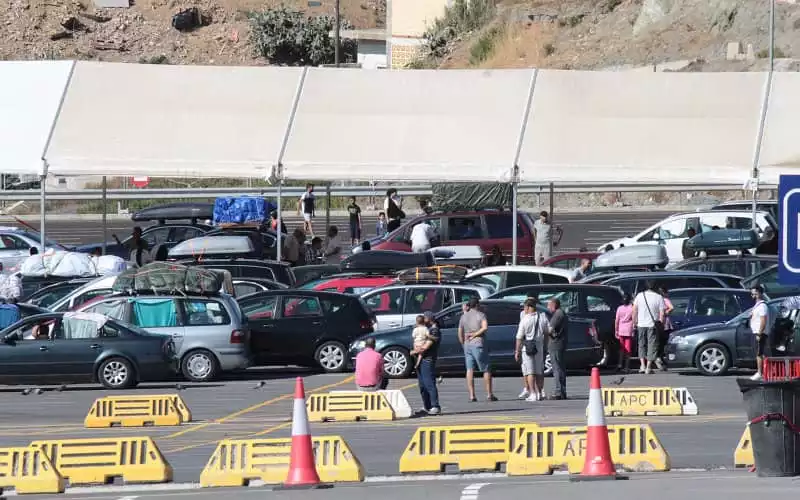Moroccan Expats: Economic Giants, Political Minnows in National Elections

While they carry economic weight through money transfers and investments in Morocco, Moroccans residing abroad (MRE) do not yet carry political weight. And for good reason...
The national electoral system guarantees, in accordance with the provisions of the Constitution, to members of the Moroccan community residing abroad, the right to register on the general electoral lists and to participate in the vote and in candidacies during all electoral deadlines organized on the national territory, like the citizens residing in Morocco, assured the Minister of the Interior, Abdelouafi Laftit, who was responding to a written question from the parliamentary advisor Khalid Setti, of the National Union of Labor in Morocco (UNMT) on the participation of members of the Moroccan community residing abroad in the political process. They represent about 10% of the Moroccan population.
"In order to allow them to acquire the status of voters within the kingdom, the legislator has ensured to take into account their particular situation, by expanding the possibilities of their registration on the general electoral lists. As for the vote, they have been granted the right to vote directly in the polling stations in Morocco or by proxy from their country of residence. They have also been recognized the right to stand for local and legislative elections within the framework of the electoral constituencies established on the national territory," said Abdelouafi Laftit.
He recalled that "it was required, on the occasion of the 2021 elections, that each political party present a candidate residing abroad at the head of at least one regional list, under penalty of not benefiting from public financing." A measure aimed at facilitating the access of Moroccan women residing abroad to the House of Representatives. This incentive measure will have to be renewed in 2026. The minister also recalled that significant financial incentives have been put in place to encourage the integration of MRE candidates. Finally, he called on the parties to "play their central role" by positioning these profiles at the top of the lists to guarantee their election.
But, on the ground, the real impact of these measures remains subject to debate due to the limitations of the system, notes Jeune Afrique. "As long as there is no strict legal sanction, this obligation will remain symbolic," said Sabri Lhou, a lawyer at the Meknes bar and a specialist in migration law, quoted by the magazine. In the eyes of the jurist, the initiative is a form of positive discrimination, but it falls short of the royal ambitions of 2006, which provided for the creation of real constituencies for the diaspora. Only a strong institutional representation abroad would allow for the real political inclusion of MRE, far beyond their sole economic role through fund transfers, he estimated, stressing that "MRE are not just numbers, they are citizens."
The jurist doubts the sincerity of the parties. "Many apply these measures to receive subsidies, without a real will to give political space to the MRE," he pointed out. According to him, the transition from acts to words should mark a real turning point. "If we want an inclusive democracy, we need to move from simple opportunity to effective rights," he continued.
Related Articles
-

Miracle at Sea: Moroccan Diver Survives 170km Drift, Rescued Off Spanish Coast
29 August 2025
-

Deadly Night Crash: 8 Killed as Truck Collides with Taxi on Moroccan Highway
29 August 2025
-

Global Crackdown: Moroccan Travelers Face Mounting Restrictions Amid Immigration Concerns
29 August 2025
-

EU Banking Reforms Threaten Billion-Dollar Remittances to Morocco, Sparking Financial Sector Shake-up
29 August 2025
-

Bizarre 165-Million-Year-Old Armored Dinosaur Unearthed in Morocco Stuns Scientists
29 August 2025